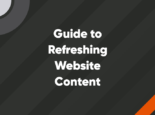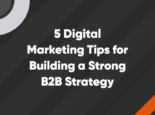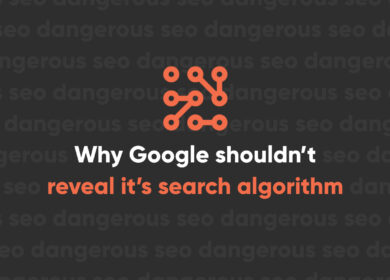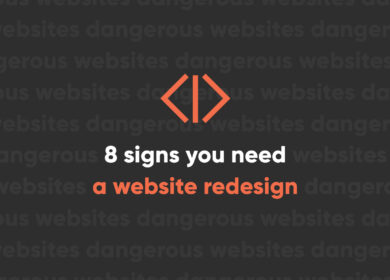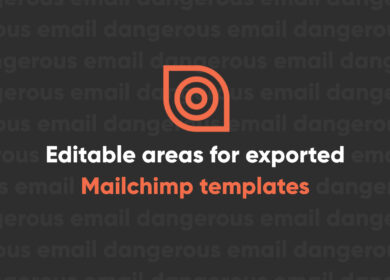
A Marketer’s Guide to AI-Powered Search

This blog was originally posted in February 2023 and has since been updated to reflect the latest AI technological advancements.
The beginning of 2023 brought in a whirlwind of AI updates, and those updates haven't slowed down. Amid all of the huge announcements and developments, both Microsoft and Google announced plans to integrate their respective search engines with AI language models to create a new, AI-powered form of search. Microsoft was the first to launch its AI-powered search engine, positioning the new Bing as an "AI-powered answer engine." More recently, Google released a preview version of its Search Generative Experience (SGE), which is Google's version of an AI-powered search engine.
These advancements in AI technology and updates to search engines will have major impacts on how people search, and on how marketers can leverage SEO and AI tools to enhance their marketing efforts.
Let's break down these AI-powered search updates and examine how SEO specialists can continue to prioritize content with these changes.
AI is changing the way we search
Google and Microsoft are changing the way we search. By integrating search engines with generative AI models, these tech giants are introducing an entirely new way of searching and receiving information online.
In a press conference announcing Bing’s AI integration, Microsoft shared some interesting facts about how people currently search that position AI as a solution:
- There are 10 billion search queries a day, but Microsoft estimates that half of them go unanswered because people are using search in ways it was never originally intended.
- 40% of queries result in someone clicking back.
- Most searches are 3 keywords or less.
- 50,0000 people’s searches go unanswered.
These statistics present an opportunity for AI to improve the search experience, and the AI wave is continuing to gain momentum. But what exactly does it mean for AI to be integrated with search, and how will it impact marketers?
Get to know AI-powered search
Both Google SGE and Bing AI provide quick answers to users' queries at the top of the search engine result page (or SERP), making it easy for the user to quickly glean what they're looking for without having to click into an actual search result.
The two AI-powered search engines function slightly differently, though – at least at this stage.
With SGE, a text box comes up after the Google Ads listings that synthesizes responses based on content from the internet. SGE cites its sources, listing various web pages that users can go to for more information. It also offers related searches as an option for users to continue generating responses and learn more about the query.
Bing’s AI prompts users to “ask me anything,” opening the door for limitless possibilities of AI search uses, and encouraging users to get creative. It also gives helpful example prompts to ease users into the idea of searching with AI.
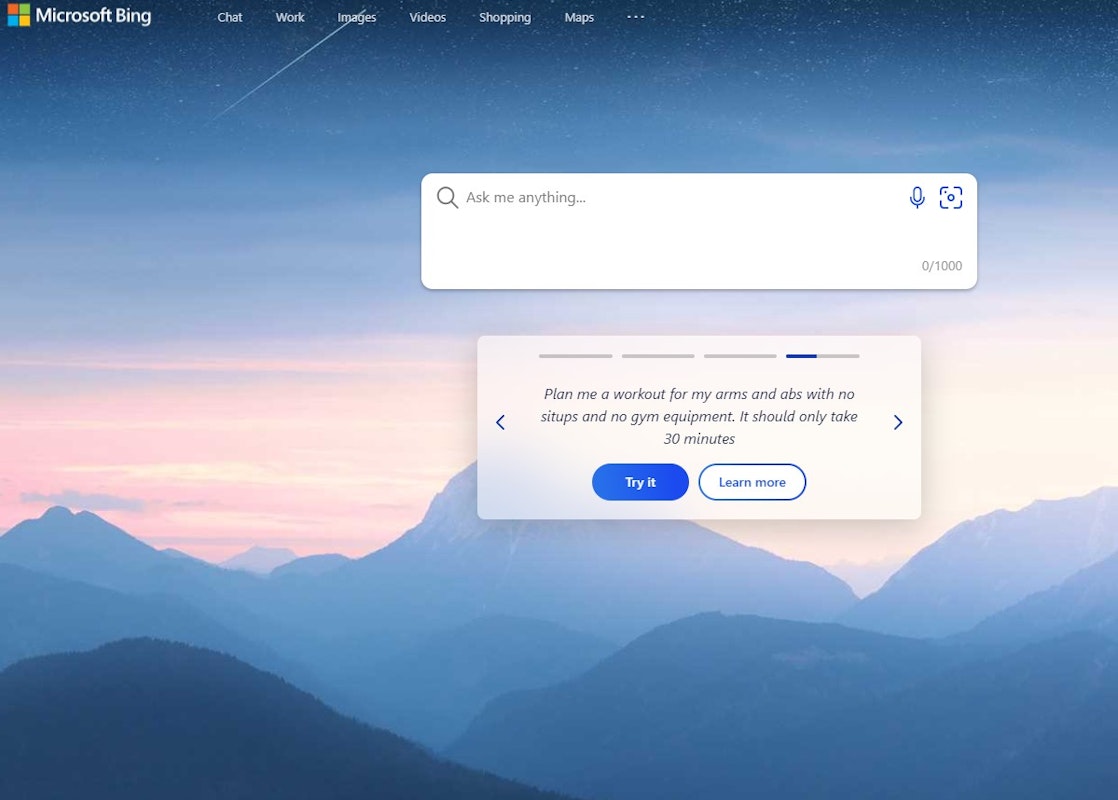
Bing's SERP has two places where AI-generated responses are available. The first box looks like a featured snippet but is really pulled from an AI chat response. When users click on the box, it pulls them into the AI Chat function, which lives on a different tab in Bing (like Shopping or Video search). Bing also offers related queries to keep the conversation going and provide a good user experience.
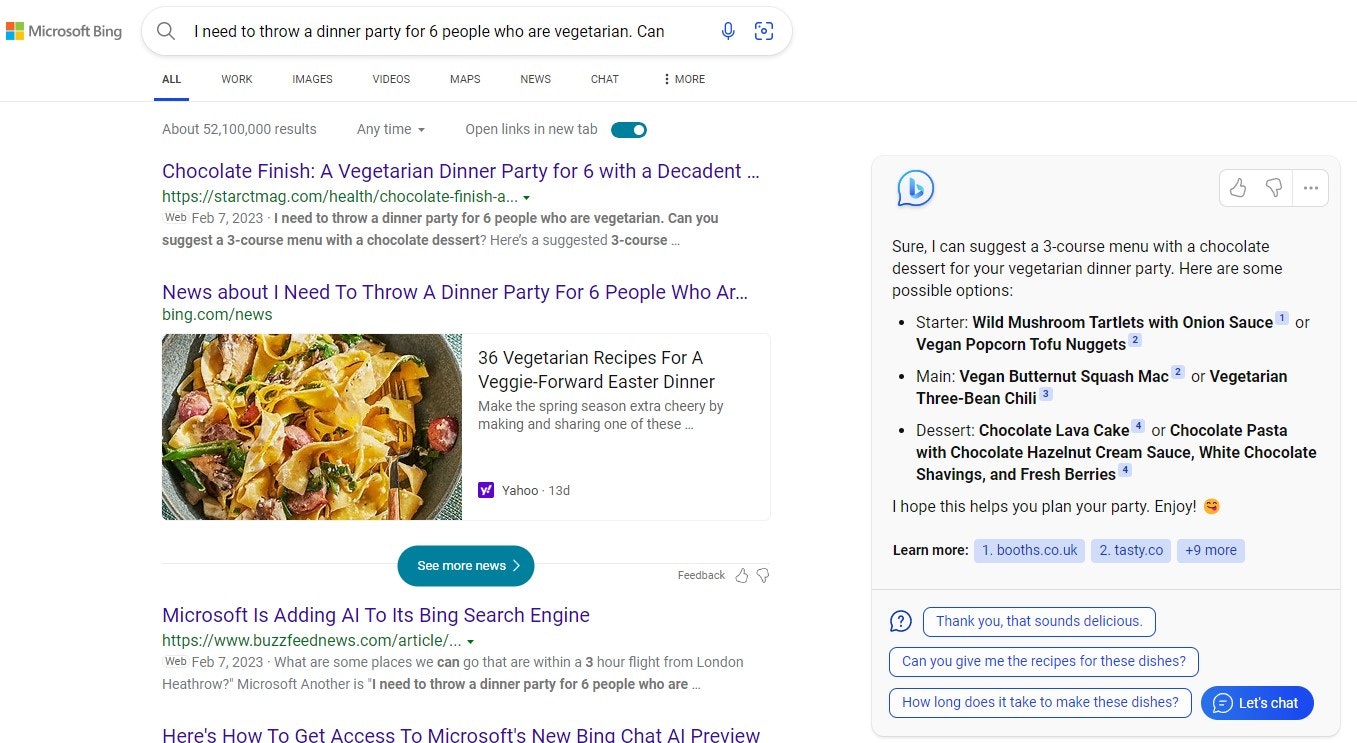
Other helpful integrations
Microsoft and Google are integrating AI features throughout their browsers in various capacities to make it easy to rely on AI capabilities while using other applications. The Edge Sidebar lets you chat or compose, giving you the ability to write emails, get summarized versions of page content, or even write content for LinkedIn in a specific tone. It’s an extremely powerful tool that marketers can use throughout their browsing experience.
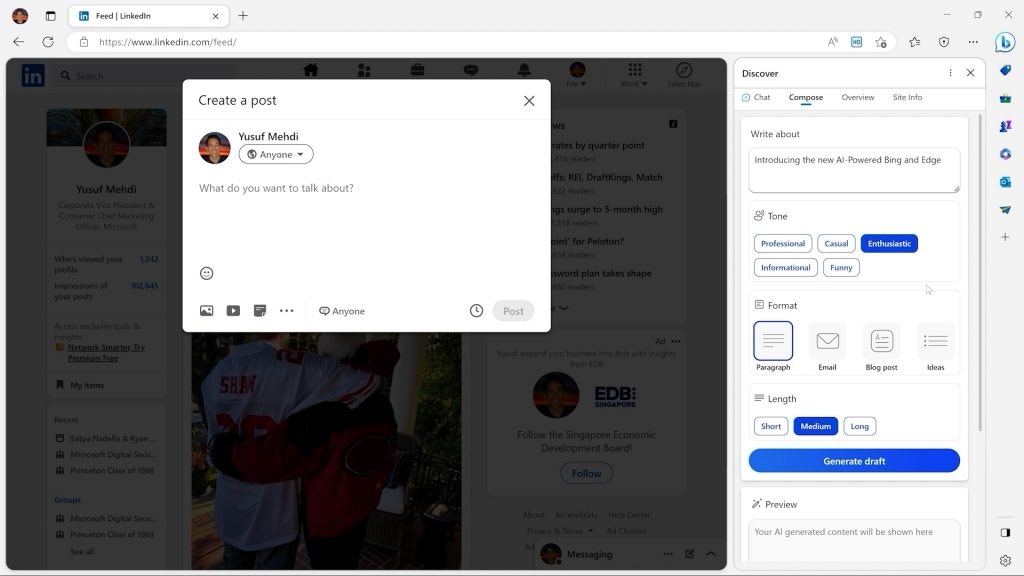
The impact of AI-powered search on SEO
You might be wondering how this new type of search will impact the role of SEO. If so, you're not alone. These are some of the biggest changes to Bing and Google in years, and it's only natural to wonder how these changes will alter how users search for things and how that impacts website ranking.
While much of this is speculation as Google and Bing determine how AI will be implemented in the future, for now, here's what we're seeing when it comes to AI in search and how to implement SEO best practices.
AI responses taking over featured snippets
If your website is enjoying a featured snippet ranking, that slot could be taken over by the AI response box. The good news is that the AI response box currently features the top sites it uses to compile its response, so if your website is currently getting quoted in the featured snippet, it still might get pulled into the response.
Otherwise, users might have to get used to a little less available territory on the top of the SERPs.
Lost traffic for one-off questions
With the creation of featured snippets, some sites experienced a loss of traffic from users who could now get the answers to their questions without even clicking on a website. This will likely be the case again for AI-generated content. If a user asks a standard question that requires a simple response, users will probably take that response and end their search.
That won't always be true, though, which is why SEOs should continue to prioritize ranking for long-tail keywords that require a more detailed response. AI might not be able to give a full answer, and users may venture to a trusted website instead.
Informational and navigational queries won't be affected
Informational and navigational queries are less likely to be impacted by AI solely because these queries tend to require a much more specific response that AI may not be able to achieve. If a user is looking for a specific site or is trying to conduct research, they'll probably head to a trusted website rather than relying solely on AI – at least for now.
Zero-click searches may become more common
It's highly likely that with an AI bot generating responses to queries and getting trained to interpret what exactly a user is looking for, users will get more of their questions answered directly in the AI answer box and won't need to click on a search result to learn more.
More relevant responses
Bing is applying AI to improve the relevancy of its core search ranking to improve search result relevancy. This will hopefully make for a better search experience and allow SEOs to rank for specific queries more easily.
There will likely be many more changes to search as AI progresses, but as people adjust to having the option to use AI in search, search engines will work to make it as seamless as possible to keep users happy. People will still need traditional search to fact-check AI, conduct their own research, and get answers to navigational and informational queries, so traditional SEO practices will remain important. Continuing to create helpful, relevant content that appeals to both people and search engines is the best response to these AI updates.
The impact of AI-powered search on advertising
Advertising is already being impacted by AI. Microsoft has noted that they’re using this new AI technology to improve the relevancy of ads that show up for search queries, which is a win for both advertisers and searchers.
But where will ads show up on the new Bing, and eventually, in Google’s AI-powered search?
As of right now, search ads will still be featured on the traditional SERPs. As for ads getting displayed in the AI chat, according to Search Engine Land, “in some cases you can see relevant ads directly within the AI result when you hover over the answers.” If the AI chatbot does a good enough job of answering the initial query, users might not be incentivized to click an ad, which could be a potential obstacle for advertisers.
AI will continue to improve its ability to match advertisements with relevant queries, meaning content should show up at the right time. Advertisers will get better visibility and improved targeting.
Where to focus your SEO efforts
With all of these changes taking place and the future of search being relatively uncertain, where should SEO specialists be spending their time?
Great question! A lot of the things SEOs have been prioritizing should remain a priority, like creating helpful content and optimizing on-page SEO aspects of your content, but there are a few notable areas that we think you might want to pay attention to.
Spend time on local SEO
Local SEO and the map pack on Google are still going strong and likely always will, regardless of AI's integration with Google. This set of the top three local businesses is a great place for your business to get discovered and to pull in more traffic.
While AI is pulling in ahead of that traffic on SGE, it's culminating its own results based on top reviews and the current standings in Google's traditional search results. It's a great way to get ahead locally.
Stick to producing quality content that aligns with your expertise
As Google works to make its search results better for users and incorporates this new technology, it's important to remember that high-quality, relevant content will still win out no matter how the SERPs look. Whether AI is referencing your web page in a response or your site is ranking just below the AI-generated answer, it's important to create content that reflects your business's expertise, demonstrates your overall knowledge of the topic, and provides new and valuable information to your target audience.
Focus on adding a human perspective to your content
An aspect that AI can't provide is anecdotal stories and firsthand experience. And when you're researching a topic or learning about something, nothing beats hearing about someone's own unique journey and challenges.
This type of impactful, raw content will be impossible for AI to create because it simply can't experience what humans can. Keep this in mind as you craft content. The content we're creating is for humans, so make sure to include those stories. The search engine algorithms will reward that type of content because it's something AI cannot provide.
Although this social post draft that ChatGPT created gets the job done, it's impersonal and could use some tweaking to make it more specific to the new hire and the company. AI is a tool that requires human creativity and critical thinking to maximize its output.
A look ahead: what's next for AI technology?
If you thought the ongoing showdown between Microsoft and Google AI stopped here, you'd be mistaken. Both tech giants have announced the implementation of AI into their office management programs, which could have a giant impact on working individuals.
Microsoft's AI Copilot
This integration is an exciting one that Microsoft claims will boost productivity for businesses across the board. Copilot will operate as an assistant throughout Microsoft Office programs, helping out in various capacities. Microsoft's blog shared that it expects Copilot to help users be "more creative in Word, more analytical in Excel, more expressive in PowerPoint, more productive in Outlook, and more collaborative in Teams."
Users can use the embedded version across all Microsoft 365 apps, but can also utilize Business Chat, which connects users to data across all Microsoft 365 apps, allowing for a much more immersive, powerful experience.
Copilot is now live and ready to assist users with their daily tasks.
Google's Duet AI
Google is implementing its own AI productivity assistant, Duet AI, which will be embedded in its suite of programs. Similar to Copilot, Duet AI can help with writing content, summarizing notes, putting together slideshows based on a set of information or data, and more. It's meant to integrate with the great functionality of the existing platforms while helping users get the most out of the platforms from a creativity and efficiency standpoint.
When will Duet AI hit the market?
Google currently has a waitlist to access the AI Workspace capabilities that is open to the public to sign up for. Businesses can also preorder Duet AI for Google Workspace Enterprise now, and in the coming months, Google plans to share more information on a hard launch date.
Strengthen your digital presence with Perrill
In this new era of AI-powered internet use, thinking critically will be your best asset. These AI tools can be very helpful and fun to play around with, but knowing when and how to use them is important to producing quality content.
Perrill is a digital marketing agency that specializes in generative engine optimization services, SEO, marketing, and website design and development. We've got our finger on the pulse and can power your business to win online. If you're ready to upgrade your digital marketing strategy to grow your online presence, reach out.

